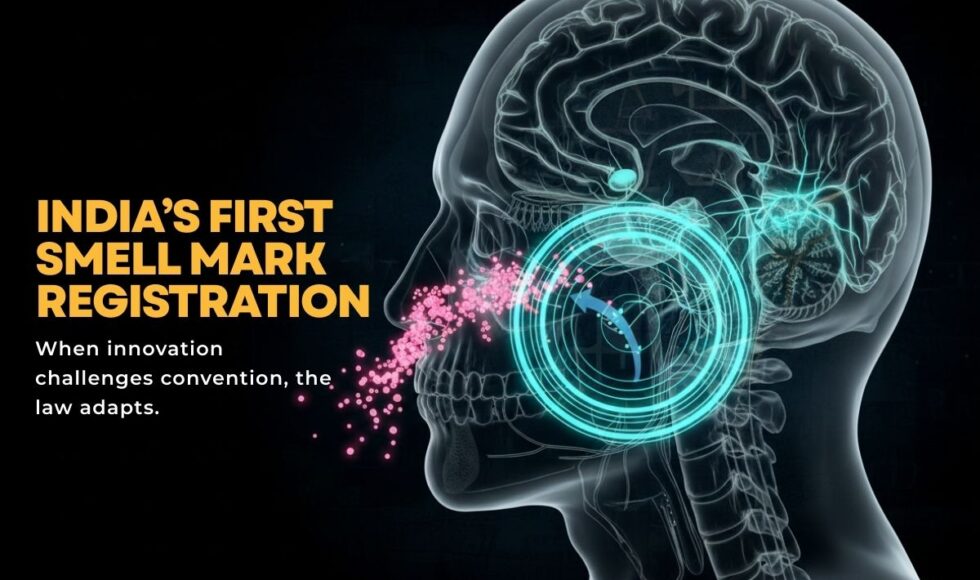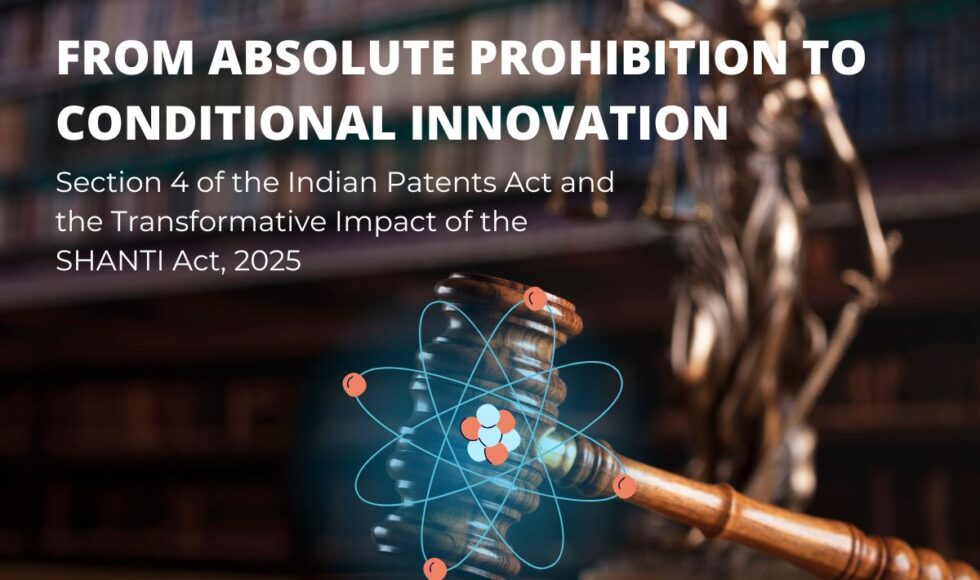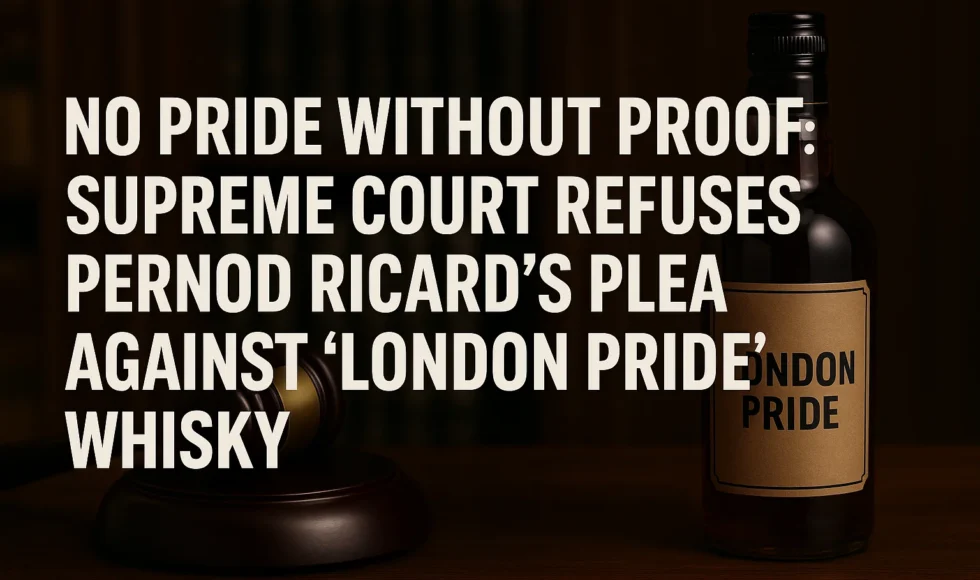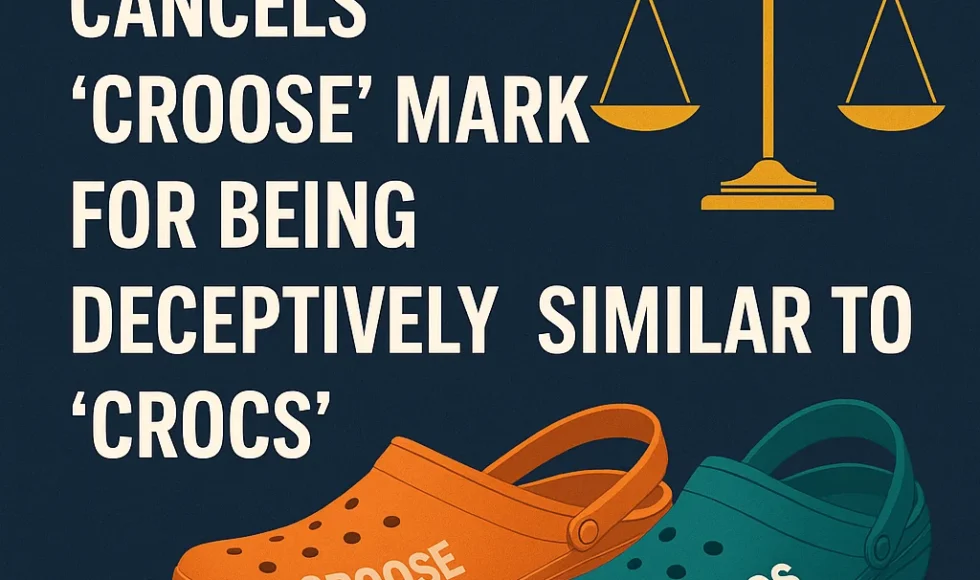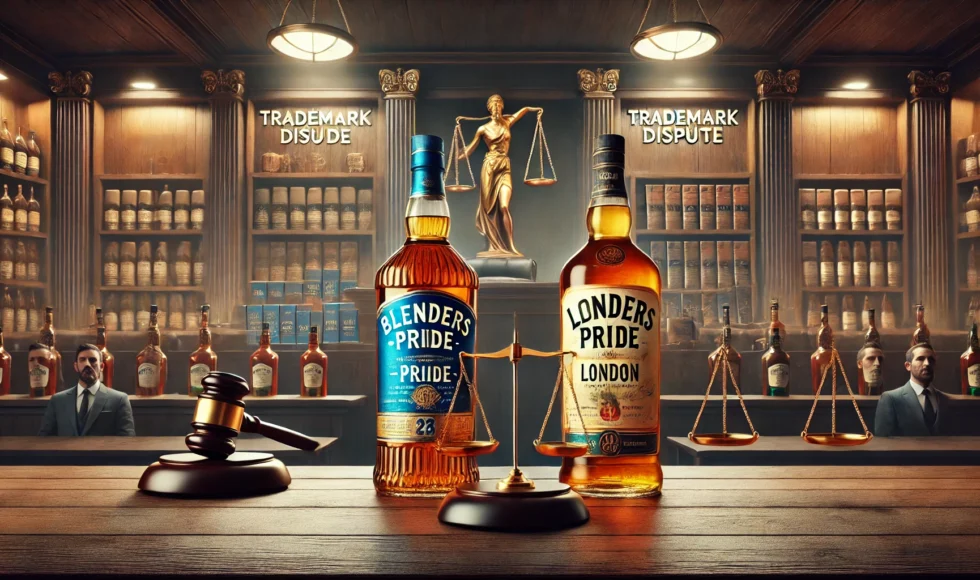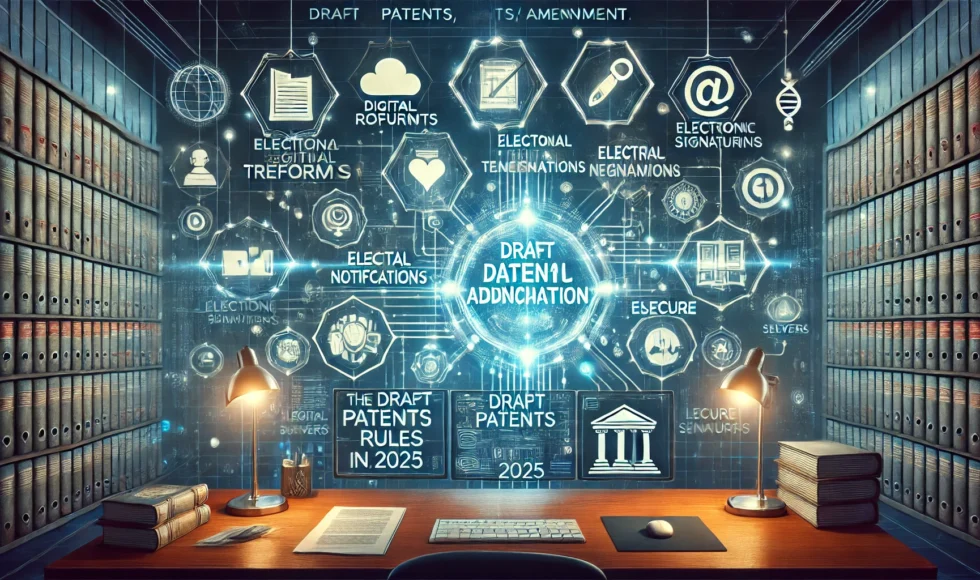Introduction When we talk about a product’s design, we’re looking at two main aspects: how it looks, i.e., its aesthetic features, and how it functions, i.e., its functional features. According to Indian law, a design can be protected based on its aesthetic features and not on its functionality. Recently, the Bombay High Court put these […]
Background In 2023, a trademark dispute arose between Pernod Ricard India Private Limited, a leading liquor manufacturer, and Karanveer Singh Chhabra, a competing party, over the use of the mark LONDON PRIDE. Pernod Ricard is known for its popular whisky brands like BLENDERS PRIDE and IMPERIAL BLUE, and it also markets SEAGRAM’S as its flagship […]
Introduction On 26 September 2025, the Delhi High Court, delivered a key judgment in Crocs Inc. v. Registrar, Trademarks & Anr. .The petition filed under Sections 47 and 57 of the Trade Marks Act, 1999 sought cancellation of the mark “CROOSE” (Reg. No. 3409214 in Class 25 – footwear). Crocs argued that the impugned mark […]
Introduction In a recent judgment dated August 22, 2025, the Madras High Court in Amgen Inc. v. Assistant Controller of Patents 1overturned the Controller’s decision to reject patent Application No. 5857/CHENP/2008 which had been rejected under Sections 3(d), 3(e), 2(1)(ja) (lack of inventive step), and 10(4) of the Patents Act, 1970 for insufficiency of disclosure. […]
Background In 2023, a trademark dispute1 arose between Pernod Ricard India Private Limited, a well-known liquor manufacturer, and Karanveer Singh Chhabra, a competing party. Pernod Ricard is known for its popular whisky brands like BLENDERS PRIDE and IMPERIAL BLUE, and it also markets SEAGRAM’S as its flagship brand. These trademarks are not only registered in […]
Introduction The release of the Guidelines for Examination of Computer Related Inventions (CRIs), 2025, by the Office of the Controller General of Patents, Designs and Trade Marks (CGPDTM) marks a significant shift in the Indian patent landscape. These guidelines are designed to bring greater clarity and legal alignment in examining CRI applications, particularly under Section […]
Introduction Over the past few years, Indian patent practice has seen a steady transformation, shaped by global best practices, demands of various reforms for efficiency, and constructive legislative initiatives such as the Jan Vishwas Act reforms. The publication of the Draft Patents (Amendment) Rules, 2025, strengthen this encouraging trend in patent practice. These draft rules […]

